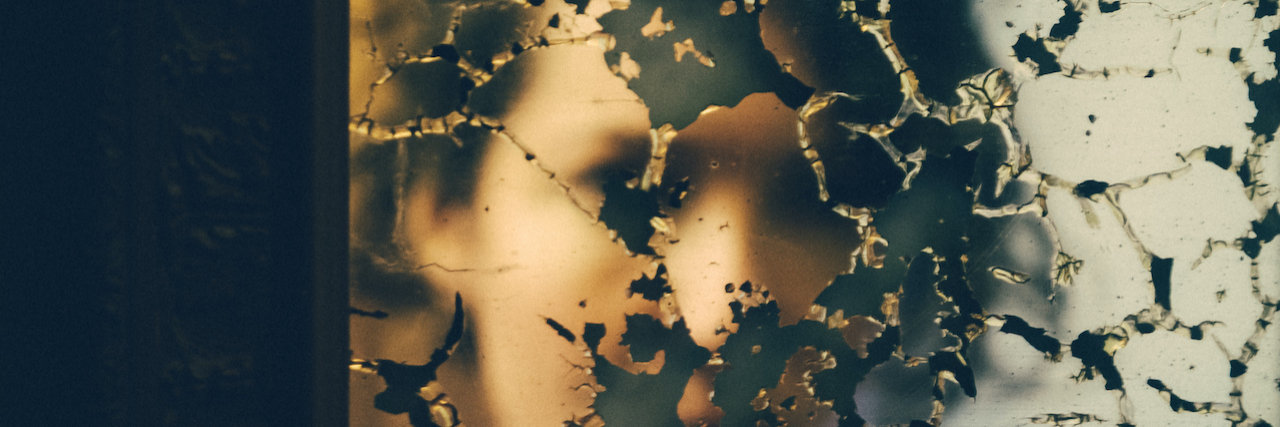I Want to Help You Understand What It's Like to Live With Chronic Pain
When I say that I’ve had a chronic pain syndrome for nine years, people usually nod as though they understand. In reality, they have no clue what it means. How could they if they don’t also live with intractable pain, day after day?
If you have chronic pain, you may relate to how I describe it here. And if you don’t, but care about someone who does, I hope this is helpful.
People should know that living with chronic pain means:
Experiencing life’s best moments through a lens of discomfort.
Having a part-time job as a professional patient in addition to normal responsibilities.
Spending hours of the day trying to soothe and manage symptoms.
Prioritizing moving your body even when you don’t feel like it or have the time.
Not having the luxury to cheat sleep, diet, or exercise.
Answering, “How did it go?” with how much pain you felt during the activity.
Not understanding why this week is so much worse than last week.
Changing your life goals to accommodate your physical needs.
That life can still be beautiful and meaningful, even though it’s harder.
Relating to others without pain is frustrating because it means:
Cringing when people say, “I hope all is well,” as though things could “all be well” when you live with pain every day.
Explaining to everyone what living with chronic pain is like, but still feeling that nobody understands.
People making judgments about what you can and cannot do.
Being more irritable and anxious because you’re bombarded with pain signals.
Sudden mood shifts from joy to despair when pain signals become too loud.
Posting the sunset picture to Instagram and ignoring the preceding ones of physical therapy exercises and strange medical devices.
People judging your state of health by your current job or recent social media pictures.
Your loved ones hurting because they want so badly to fix it for you but cannot.
Sometimes feeling alone.
It’s hard to accept that having daily chronic pain means:
Attempting to hike to the top, but pain stopping you midway, defeated.
Being hesitant to run, ski, or dance to avoid falling or being bumped.
Not recovering from normal bumps and bruises like other people.
Skipping a vacation because you’re unsure you’ll be able to do the activities.
Trying to smile at a party when all you want to do is curl up with your heating pad.
Often having to say no or go home early.
Sometimes being selfish and unreliable.
And on a deep personal level, having chronic pain means:
Sometimes not recognizing yourself.
Not remembering what it feels like to be comfortable.
Occasionally feeling totally powerless and wanting to give up.
Being OK with not being OK.
Finding ways to have hope that things will get better while also accepting the current reality.
Discovering a strength you never knew you had inside of you.
And being proud of yourself for continuing to fight.
The healthcare system’s failure to provide me with relief led me to cofounding a chronic pain company. Override Health provides the type of accessible, multi-specialty care that I and others with chronic pain felt like we needed but didn’t exist elsewhere. Our company represents hope. But setbacks and pain flares still happen. So we meet people where they are on any given day, and that may be in a dark place.
Getty image by Rafael Elias

